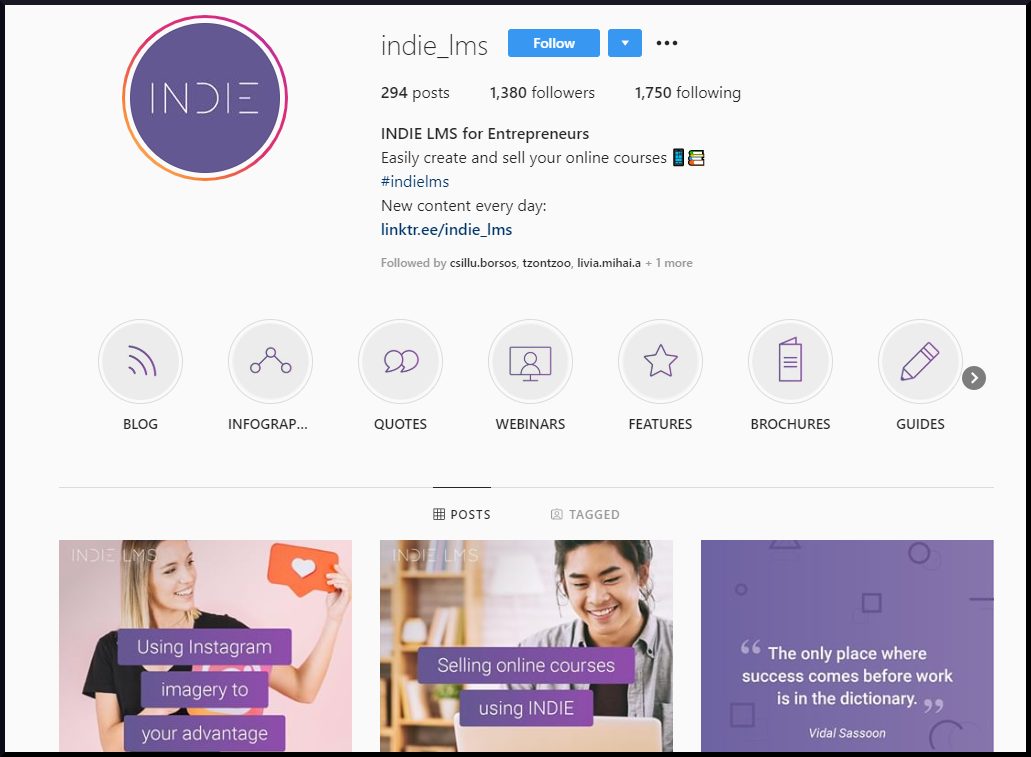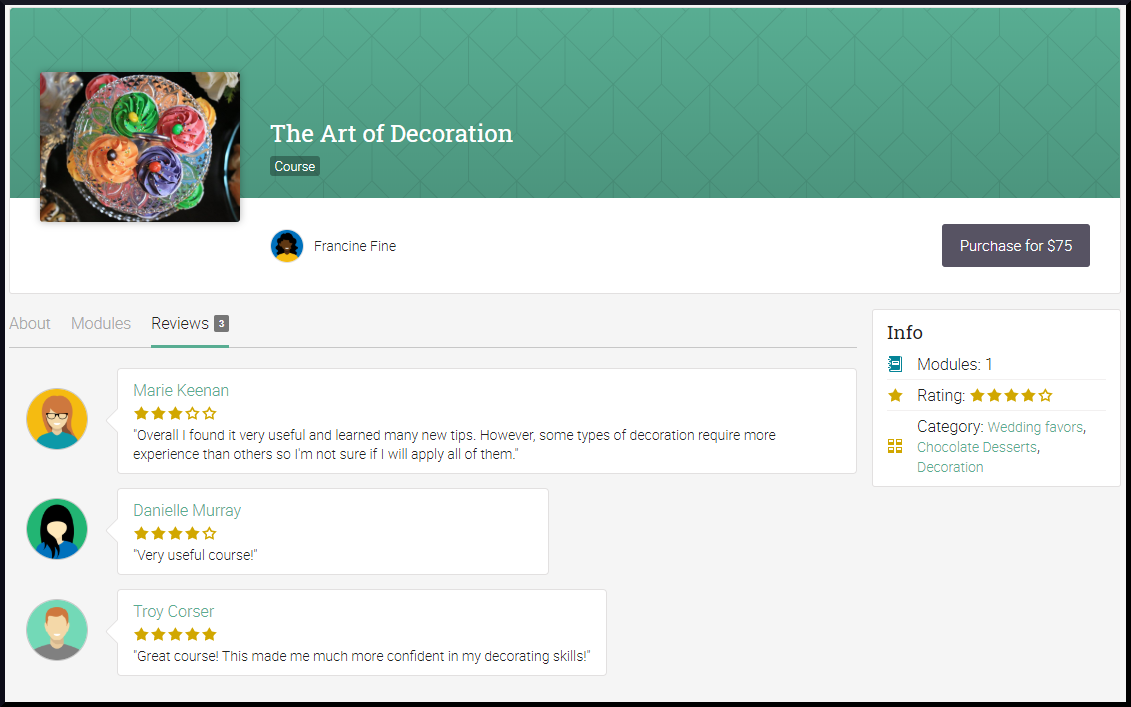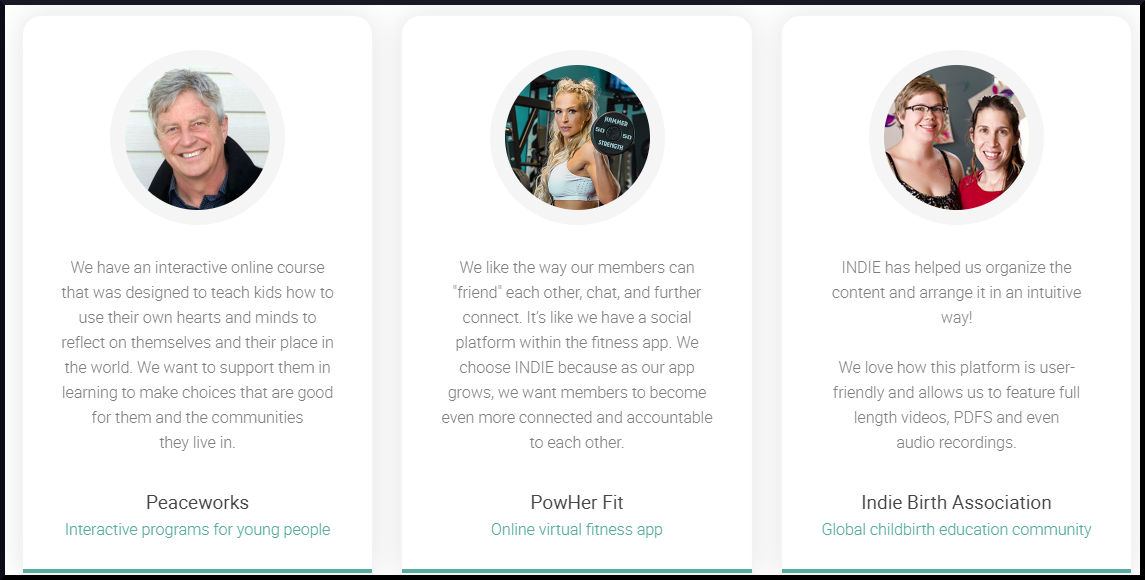Quite recently, a friend and I were trying to pick a restaurant for dinner. We stumbled across a place and as I was about to open the door, she said to me “I don’t think this place is good, they barely have any customers”.
I didn’t agree with her as there could be other reasons why they had a slower evening. So I took out my phone to search for online reviews. If the restaurant had less than 4 stars, we could go somewhere else.
After all, I have a Psychology degree and completed my thesis on decision making. I know better than she does, right? Well, after giving it some thought, neither of us was entirely right or wrong. Instead, we were both analyzing the actions of other people to choose the best possible place to have dinner.
In other words, we used social proof.
Coined by Cialdini in his 1984 seminal book, Influence: The Psychology of Persuasion, social proof is a psychological bias in which we tend to adopt the behavior of the majority, especially when faced with uncertainty. This fascinating mechanism has probably evolved as our need to survive depended on integrating into a group and taking what is considered to be the best course of action based on what other people did. Not to mention that it saves us a lot of mental energy when it comes to making up our minds!
Social proof is a big deal in online marketing. It’s why the best converting landing pages include testimonials and why companies rely on online reviews to drive sales. And ultimately, it’s the main reason why word of mouth marketing works so well.
8 amazing social proof tips to boost online course sales
First, we’ll have a look at how people make decisions using the actions of other learners as social proof. Then, we’ll unpack step by step what you can do to successfully convert visitors into learners with eight tried and tested methods.
-
People follow the lead of many others
There’s strength in numbers especially when it comes to making a decision to buy. Although unaware of this, we think that if it’s good enough for many other people, it must be the right choice for us as well.
That’s why you should:
- Mention the number of people who have taken a course in the course description or landing page
- Always mention the number of subscribers that you already have when asking people to join your mailing list
- Display the total number of people who have bought your courses in a prominent place on your main website

-
Learners like what’s popular
People like to know what’s popular right away. As Cialdini pointed out, restaurants that simply put a star next to certain options on a menu will increase the popularity of a dish by 13 to 20%. If you want to sell faster, branding one course as most popular will help you attract more learners. The same goes for subscription plans or bundles of courses.
What you can do:
- Figure out which course or learning item sells well or has the most learners
- Point out the most popular options in the course catalog, course description, etc.
- Keep track of sales to see if this strategy works for you

-
People choose based on similarity
It’s not only that we choose based on what many people do. In reality, the choice seems so much more appealing when we see a similarity between us and them. If you’re an instructional designer and another designer mentions a new authoring tool, you’re more likely to check it out. You can use this to your advantage by leveraging the power of influencers that also have a similar audience.
What you can do:
- Find an influencer who can mention your product on their social media and establish a partnership
- Alternatively, they could also mention your courses on their blog, YouTube channel, etc.
- Always monitor mentions and make sure to engage with people on social media
Read more: Finding and pitching to the right influencers when promoting your online course
-
They trust an outside authority or expert
Well, who says that your online courses are the best? An expert, that’s who. A person that is well known within a particular area can really help you market your courses, especially if you’re at the beginning and don’t have many reviews to rely on.
Awards are also a great medium to show that you know what you’re talking about. It doesn’t have to be the most prestigious award either, the idea is to be recognized for your expertise in one way or another. Alternatively, if this isn’t an option right now, you can try to display certificates that you’ve won if they are relevant to the field - if you’re a certified personal trainer, for example.
Here are some ideas:
- Mention awards and show award logos on your main portal and landing pages
- Mention the endorsement from an industry expert on your landing pages
- If it’s relevant to what you do, show certificates especially on the “About” section
- If you’ve worked with people or companies before, make sure to mention them or even list their logos on your website
-
They look at the number of followers
Isn’t social media a form of social proof? We can’t pretend that the number of followers, shares, and likes don’t count because they do. Plus, you need to build a following to market your courses anyway. The easiest way to use social proof is to enable share buttons on your website. However, enabling sharing is a double-edged sword since there’s always a risk of having low to no shares, in which case you might want to consider disabling them.
What you can do:
- Work on your social media strategy to increase the number of followers, focusing on attracting the right audience
- Work on offering quality content and curated content on social media
- Enable social media buttons and share buttons on your website

Read more: Using Instagram to boost your online business
-
Course reviews matter more than you think
When undecided, online reviews help website visitors make a decision much faster and with greater confidence. In fact, online reviews can boost conversion rates by as much as 270%. There’s also a greater likelihood that they’ll purchase a higher-priced item if the item is more expensive.
Knowing this, you can:
- Make it easy for current learners to leave reviews once they finish a course
- Display reviews on course landing pages or checkout pages
- Having five reviews per course is recommended
- Only having 5-star ratings looks a bit inauthentic, an average of 4.5 rating is best

Read more: 6 Awesome tips to get more customer reviews for your online course [INFOGRAPHIC]
-
Make a good impression with testimonials
Testimonials are great for showing how your courses have helped past learners achieve their goals. Although they are similar to reviews, testimonials are usually a way to showcase the best you have to offer and the main benefits of your products. For a more in-depth view, you can interview learners and publish case studies on your blog, social media or even as a separate section on your main portal.
- Ask for testimonials from learners who have generally been happy with your courses
- Testimonials look great on your main website or even as part of a course description
- Always publish the picture and name of the learner who is giving the testimonial

-
Low proof is worse than no proof
Sure, authenticity goes a long way and it’s better to display the real number of learners that have bought your courses. However, your actions can backfire if you make the mistake of confusing low proof with “good enough” when it can actually hurt your sales. Better not to display numbers if they are low because that might just create the opposite effect.
Instead, you should:
- Keep your website design simple and optimized for easy navigation
- As people finish your course, start with a few testimonials or reviews and build your way up to more learners
- Don’t aim for perfect course ratings or reviews. Instead, ask for feedback throughout the course in order to improve their learning experience
Read more: How to get feedback for your online course
So, what have others done before me?
In a funny way, these eight tips are also a form of social proof since they have worked for many others, including big companies and marketing gurus such as Neil Patel also advocate for using social proof as a way to boost sales.
But don’t stop here: try them yourself and let us know how it turns out :)







